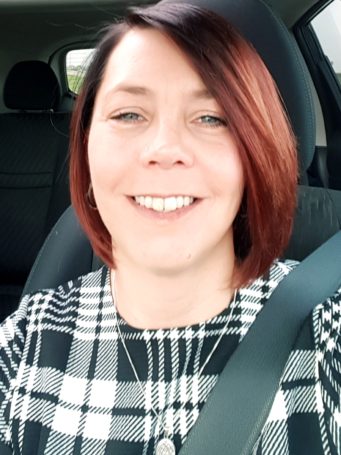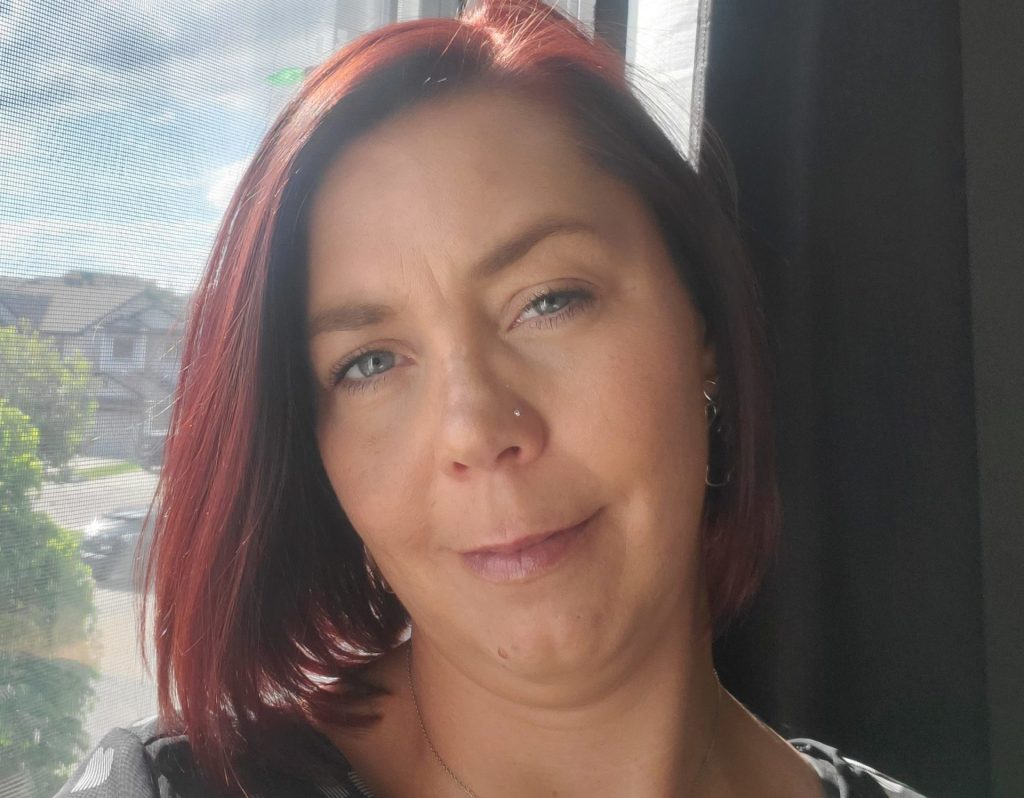As an adult, Pam Schellenberger has built a successful career in nonprofit leadership, but growing up, her future looked uncertain. After losing her mother as a child, she became a “troubled teen” who dropped out of school and struggled to find her way in the world. Thankfully, the community around her — neighbours, teachers, and others — gave her the support she needed to find her footing.
“I think having all of those unsung heroes in my history contributed to my desire to try to make a difference in the community,” she says. At 21, after a few years working in oilfield construction, Schellenberger went back to school to earn an undergraduate arts degree.
At first, she had her sights set on becoming a psychologist, but after managing a counselling centre after graduation, she switched gears. “I decided at that point that being a therapist wasn’t for me, but I wanted to be the person working on different initiatives and community development.”

This led Schellenberger to a career in the nonprofit sector. Over the last decade, she’s held senior administrative roles for organizations serving diverse populations, including children, teens, families, and survivors of domestic abuse. Through her work with organizations including ABC Head Start, YWCA and e4c Schellenberger became familiar with ECF and its impact in the community. When she learned of an opening on the Human Service Subcommittee at ECF, she was eager to volunteer her time.
“The opportunity to sit on the inside track and see what was going on and what people were percolating over was really interesting to me,” she says. “Not only that, but it was a chance to give back.” Each quarter, Schellenberger meets with her fellow subcommittee members to review grant applications and identify the projects that will have the biggest impact on marginalized communities.

Last summer and fall, Schellenberger also volunteered for an ECF ad hoc committee reviewing applications for emergency COVID-19 funding. “It was heart-wrenching because there were many more asks than money to go around,” she says. “You had to say ‘no’ even though everyone’s asks were needed and justified.”
It can be tough to turn down worthy applications, but Schellenberger says serving on both subcommittees has been fulfilling. As someone who works in an industry bolstered by volunteers, she believes in giving her time and energy whenever she can.
“As an individual, as a citizen, I think it’s important to give back to the community,” she says. “By volunteering I can make an impact on a whole group of people.”
